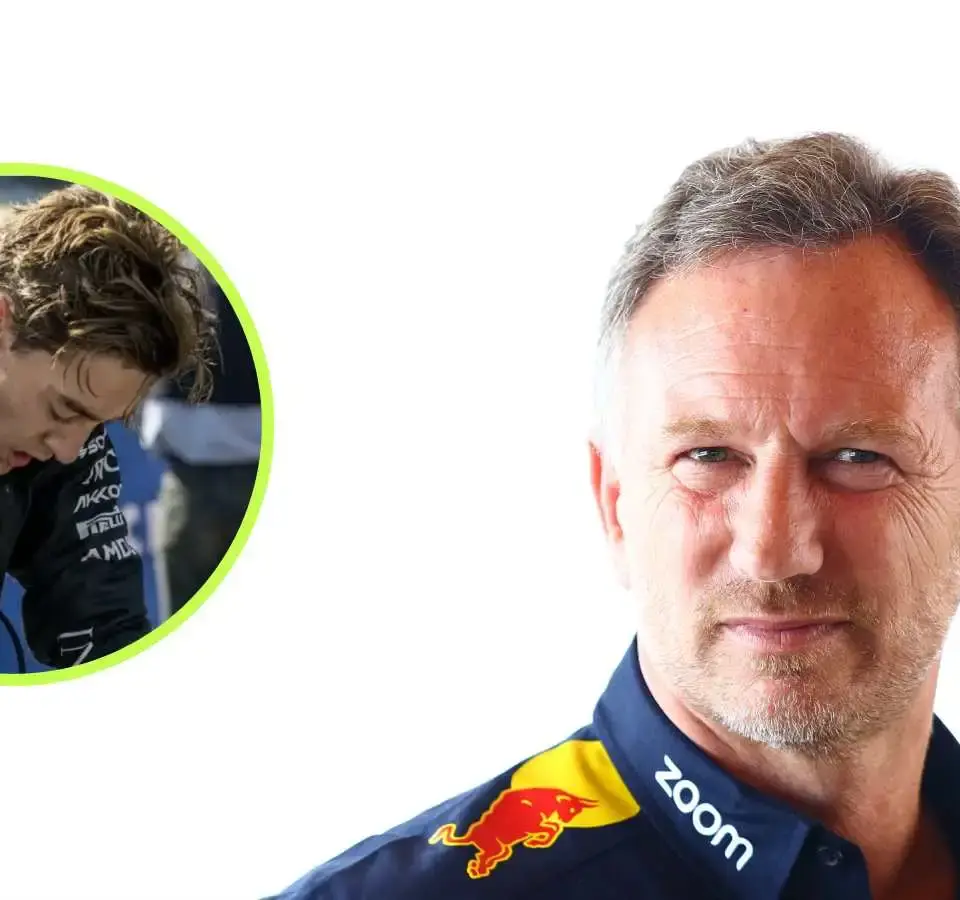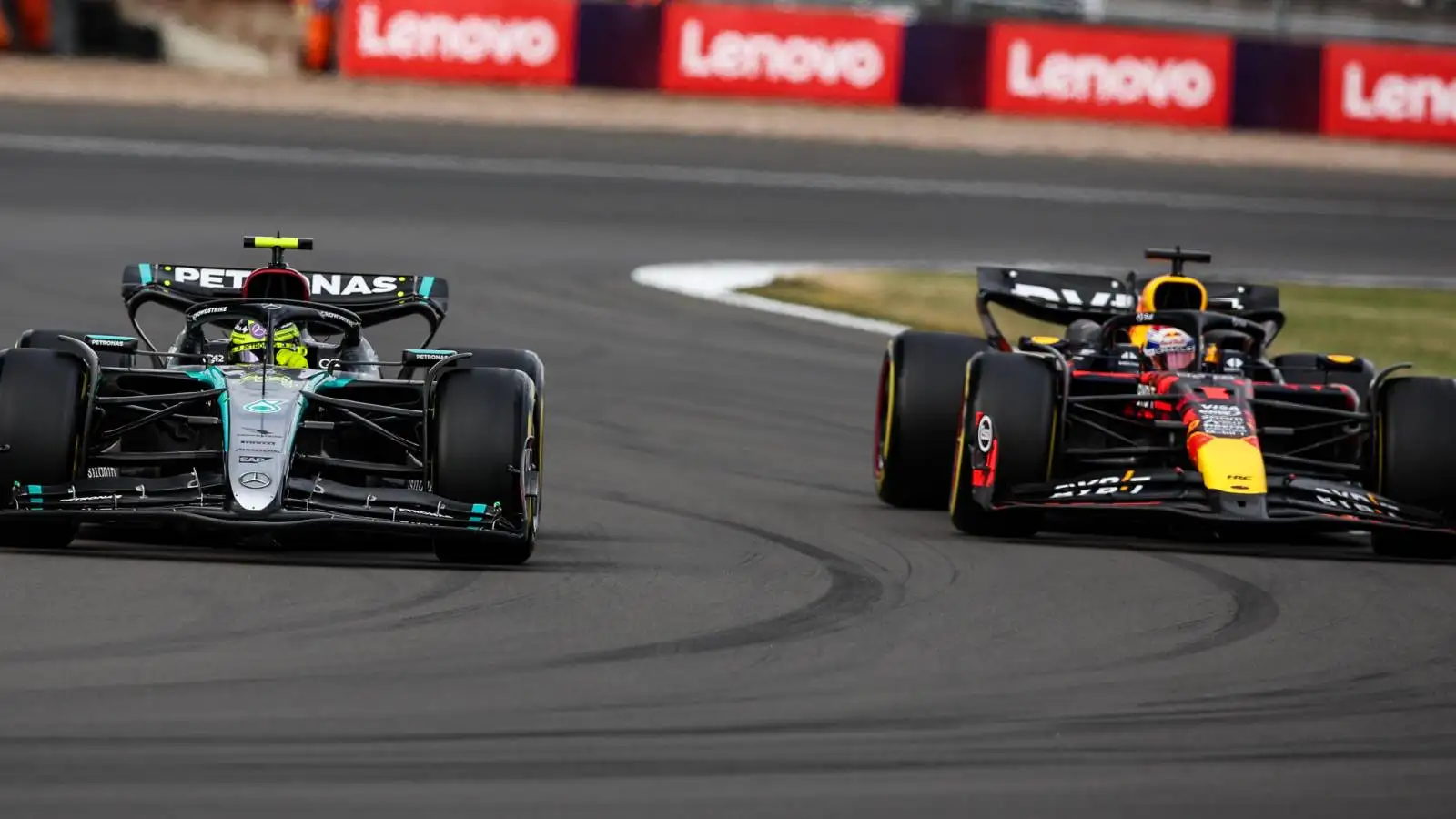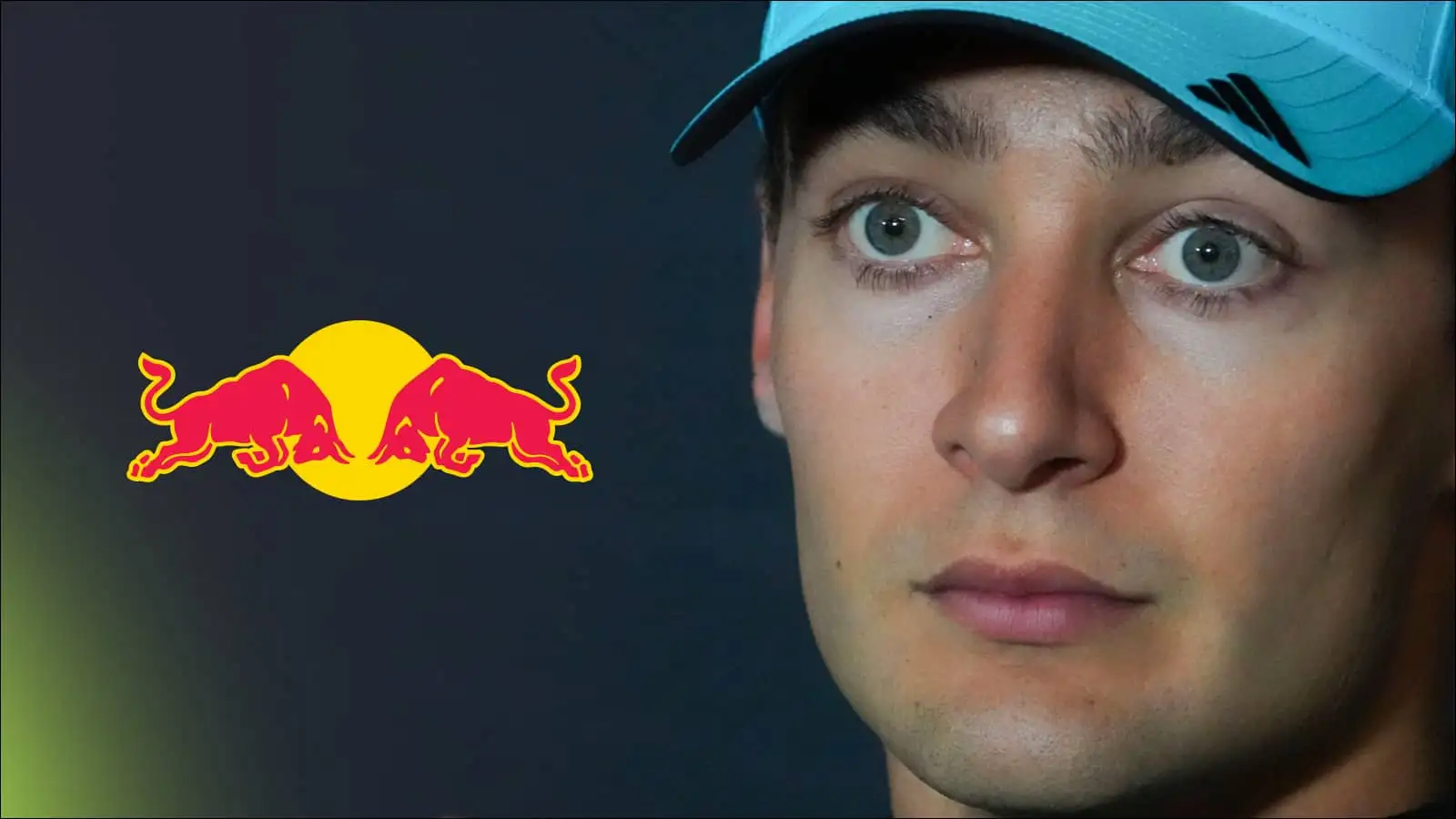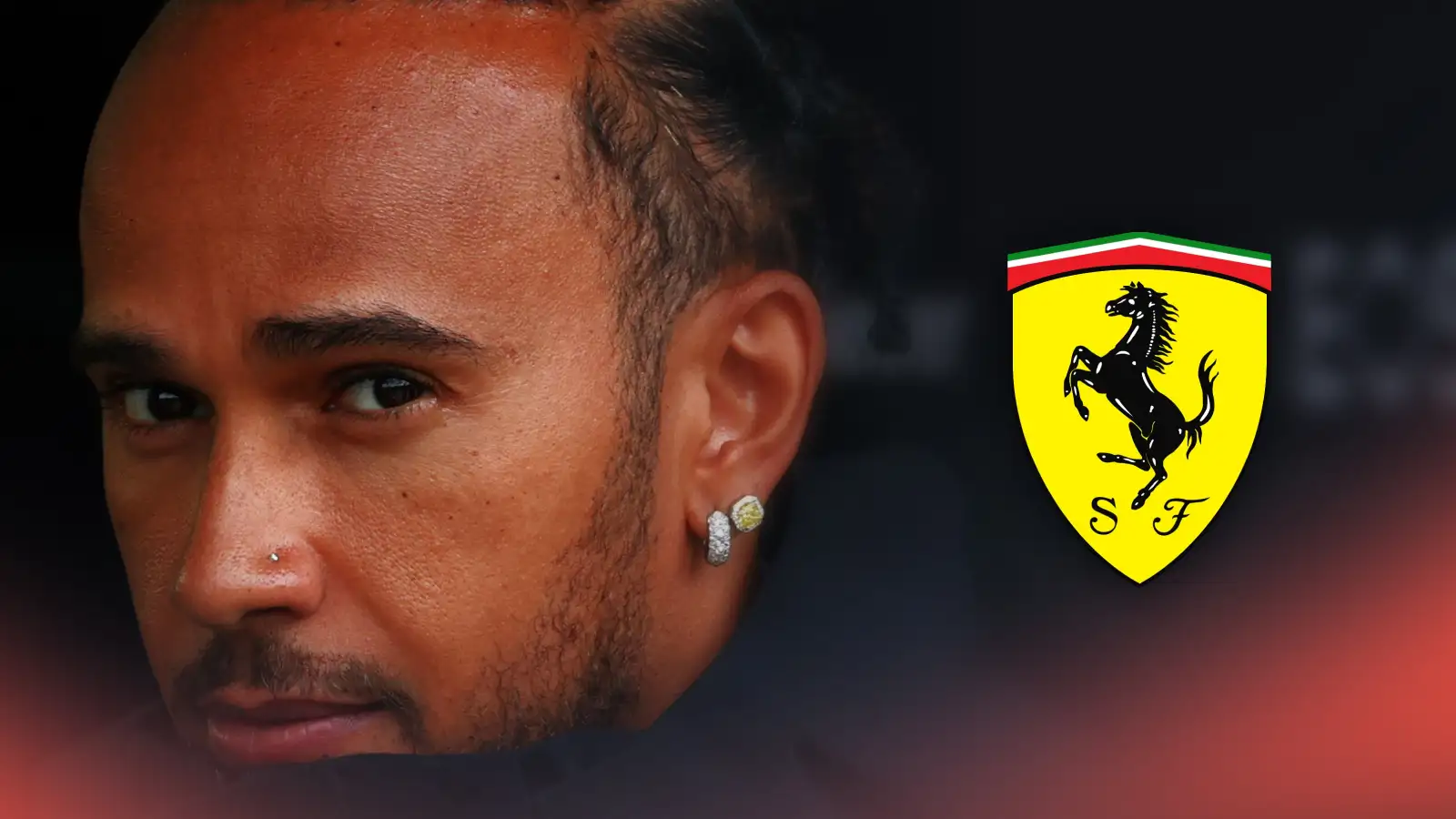Amidst the backdrop of the Belgian Grand Prix, an unexpected twist unfolded as George Russell’s thrilling victory was snatched away, leaving the racing world abuzz.
The high-octane world of Formula 1 witnessed yet another dramatic turn as George Russell, who initially claimed victory at the Belgian Grand Prix, faced disqualification due to his car being underweight by a mere 1.5 kg. This seemingly minor oversight in the high-stakes environment of Formula 1, where every gram counts, rendered a significant impact not only on Russell but also on the team standings.
In an enlightening conversation with Sky Sports F1, Christian Horner, Red Bull’s team leader, shared his insight on the misstep by Mercedes. Horner pointed out that Russell’s choice of a one-stop strategy might have inadvertently contributed to the weight discrepancy, saying, “Yeah, absolutely,” Horner confirmed. “I’m sure that you’d have lost well over a kilo of rubber. We saw that on Friday.” Horner added that it was crucial to ensure sufficient fuel for sampling to avoid using it as ballast, a fundamental practice that seems to have been overlooked, leading to Mercedes’ costly blunder.
Russell’s disqualification not only affected his standing but also reshuffled the championship points, benefiting Red Bull’s drivers significantly. This outcome was a blow to Mercedes, who stood to gain a substantial boost in the World Constructors’ Championship with a one-two finish. However, Horner’s reflections were contrasted by a more sympathetic view from Charles Leclerc, who inherited third place after Russell’s exclusion.
Leclerc, reflecting on the situation, remarked, “They had done an incredible job today, and it’s not the difference of the weight; they won because they were the stronger team today,” suggesting that performance, rather than the weight glitch, was the deciding factor for Mercedes’ initial success. Despite expressing understanding of the disqualification rule, Leclerc emphasized the prowess demonstrated by both Russell and Mercedes, acknowledging how close-knit the competition was.
As the racing community processes this shocking turn of events, Mercedes is left with much to ponder during the summer break. The situation underscores the importance of meticulous attention to detail in Formula 1, where strategic decisions and calculative precision are paramount. Therefore, while the disqualification stirs debate, it also serves as a stark reminder of the sport’s unforgiving nature.
In the end, the Belgian Grand Prix served as a stark reminder of the precise nature required in Formula 1, where even minute miscalculations can have dramatic repercussions. As teams prepare for the next leg of the competition, the focus will undoubtedly be on ensuring such errors do not repeat, cementing the critical importance of every aspect in the race towards championship glory.










